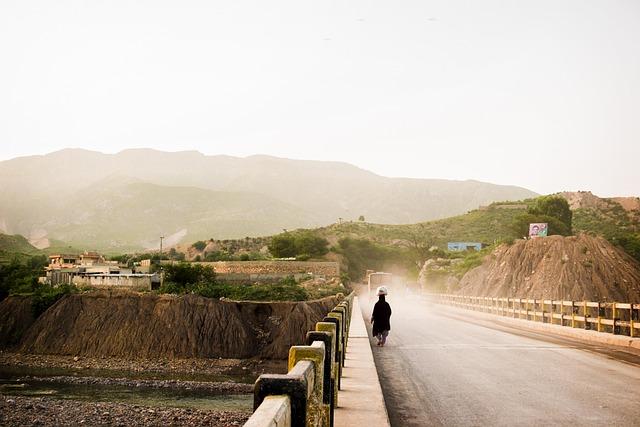How Pakistan Can Benefit from the Global Supply Chain Shift
The global supply chain has witnessed significant shifts in recent years, propelled by factors such as geopolitical tensions, economic changes, and the COVID-19 pandemic. As countries reassess their supply chain strategies, Pakistan stands at a crossroads, poised to capitalize on emerging opportunities. In this article, we will delve into how Pakistan can benefit from the global supply chain shift, discussing key strategies, potential benefits, and a roadmap for implementation.
The Current Landscape of Global Supply Chains
The global supply chain is undergoing a transformation as companies seek to diversify their supply sources and reduce dependency on any single region, notably China. This shift provides Pakistan with a unique opportunity to emerge as a viable alternative for manufacturing and logistics.
Key Benefits for Pakistan
- Increased Foreign Investment: As businesses move to diversify their supply chains, Pakistan can attract foreign companies looking to set up operations in emerging markets.
- Diverse Export Opportunities: By enhancing its manufacturing capabilities, Pakistan can export goods to various markets, reducing reliance on traditional commodities.
- Job Creation: Expanding manufacturing sectors can create jobs, thereby improving employment rates and boosting the economy.
- Technological Advancements: Collaboration with foreign firms can lead to technology transfer and enhanced local expertise.
Strategies for Pakistan to Leverage Global Supply Chain Shifts
1. Enhancing Infrastructure
Investing in infrastructure is crucial. Improved logistics, transport, and communication networks can facilitate smoother supply chain operations. Major projects like the China-Pakistan Economic Corridor (CPEC) are essential to harnessing global trade dynamics.
2. Government Policies and Support
Implementing favorable government policies, including tax incentives for foreign investors and easing regulations, can make Pakistan an attractive destination for international businesses.
3. Skills Development
Focusing on education and vocational training will equip the workforce with the necessary skills for advanced manufacturing and technology-based industries.
Case Studies: Successful Examples
| Company | Country of Origin | Sector | Investment in Pakistan |
|---|---|---|---|
| Procter & Gamble | USA | Consumer Goods | $50 Million |
| Phillips | Netherlands | Electronics | $20 Million |
| Textiles Union | Germany | Textiles | $15 Million |
First-Hand Experience: Local Entrepreneurs’ Perspectives
Local entrepreneurs have increasingly recognized the opportunities presented by the global supply chain shift. Many have reported positive experiences partnering with international firms, which not only provided capital but also invaluable insights into global best practices. By engaging in such collaborations, local businesses have been able to scale operations and compete more effectively.
Practical Tips for Implementation
- Stay Informed: Keep abreast of global market trends and shifts in supply chain dynamics.
- Network: Build relationships with industry players and attend trade fairs and expos to connect with potential partners.
- Invest in Technology: Upgrade technological capabilities to improve production efficiency and competitiveness.
Conclusion
As the global supply chain undergoes a significant shift, Pakistan stands to benefit immensely by implementing targeted strategies to enhance its industrial base. By investing in infrastructure, fostering a skilled workforce, and attracting foreign direct investment, Pakistan can position itself as a major player in the global supply chain landscape. These efforts will not only boost economic growth but also ensure a more resilient and diversified economy. With proactive policies and collaboration between the government and private sectors, Pakistan can turn this challenge into an opportunity for a brighter future.



